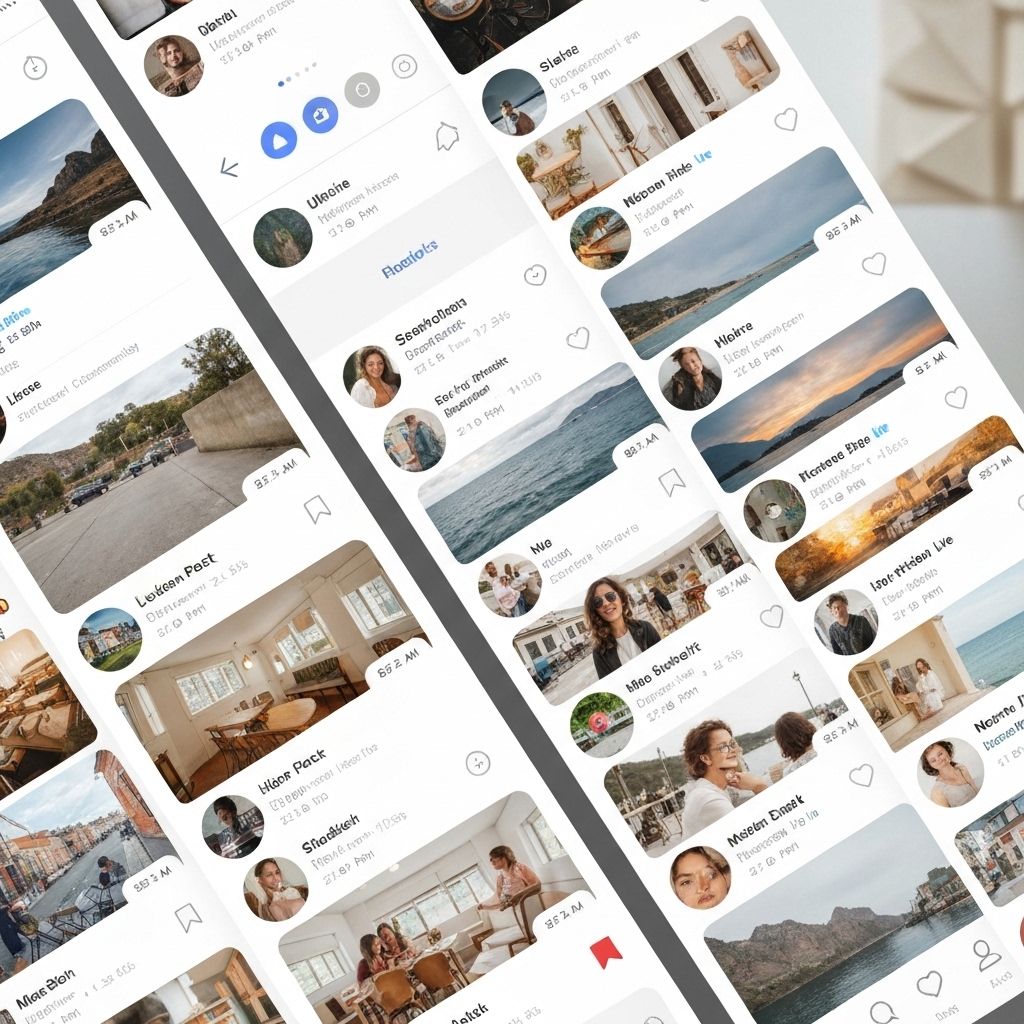Why Location-Based Social Apps Are the Future of Campus Life
Discover how hyper-local social platforms are transforming the way students connect, share, and experience their campus communities.

Girik Manchanda
Founder
September 28, 2025
5 min read

College campuses are bustling ecosystems of activity, but finding out what's happening right now has always been a challenge. Should you grab lunch at the dining hall or is the line insane? Is the library packed, or can you snag a quiet study spot? Where's that pop-up event everyone's talking about?
Traditional social media wasn't built for these hyper-local, real-time questions. That's where location-based social apps come in—and why we built Pingg.
The Problem with Existing Social Platforms
Instagram, Twitter, and TikTok are great for sharing highlights and staying connected with friends globally. But when it comes to answering "What's happening near me right now?"—they fall short.
- Too broad: Your feed is cluttered with posts from everywhere, not just your immediate area
- Not real-time: By the time you see a post about a short food line or free event, it's often too late
- Privacy concerns: Sharing your exact location publicly feels uncomfortable and unsafe
Students need a platform designed specifically for their campus community—one that prioritizes proximity, immediacy, and privacy.
Why Location-Based Social Makes Sense
Think about how you actually use your campus. Your decisions are driven by proximity: Where's the closest coffee? Which gym is least crowded? Where are my friends hanging out?
Location-based social apps like Pingg tap into this natural behavior. Instead of scrolling through global content, you see posts from people near you, about places near you, happening right now. It's like having a real-time pulse on your campus.
Key Benefits:
- Radical relevance: Every post is about something nearby that affects you
- Real-time intel: Know wait times, crowd levels, and events as they happen
- Serendipitous discovery: Find hidden gems and meet people you wouldn't otherwise encounter
- Community building: Connect with others who share your physical space
Privacy First: Location Without Surveillance
One concern we hear often is: "Won't this let people track me?" Absolutely not. At Pingg, we believe in location-based connection without location surveillance.
Here's how we do it differently:
- We never show your exact location to other users
- Other users only see approximate distances (like "0.3 mi away")
- Posts are tagged to general places (buildings, cafes) not GPS coordinates
- You control your location permissions at all times
You get all the benefits of hyper-local content without sacrificing privacy or safety.
The Campus Use Cases
Location-based social platforms shine in campus environments. Here are some real-world scenarios we designed Pingg for:
Finding Study Spots
"3rd floor library - quiet + outlets 🔌" — Know before you walk across campus whether your favorite spot is available.
Avoiding Lines
"Chipotle line ~30m rn, avoid if starving" — Save time by checking wait times before you go.
Discovering Events
"Free pizza at student union until 3pm!" — Catch time-sensitive opportunities you'd otherwise miss.
Meeting People
"Anyone down to play pickup basketball?" — Connect with nearby students who share your interests.
The Future is Hyper-Local
As Gen Z becomes increasingly intentional about how they use social media, we're seeing a shift from broadcast platforms to community-focused, purpose-driven apps. Location-based social represents the next evolution: connecting you with the people and places that matter most—the ones right around you.
At Pingg, we're building for this future. A future where your phone helps you experience your campus more fully, not escape from it. Where social media brings you together with your community, not just your followers.
We're launching Spring 2026 at ASU, and we can't wait to bring this vision to life.
Want to be part of the journey? Join our waitlist or become a campus ambassador.